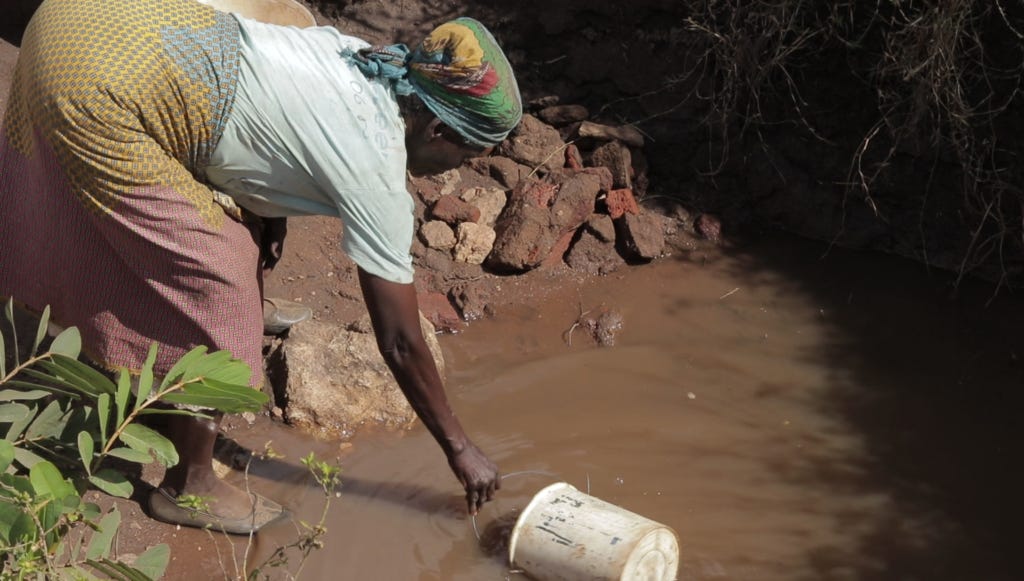Climate Crisis Threatens Malawi's Water, Economy: Malawi Economic Monitor Report
Per capita water availability has plunged 44% in just 20 years. Insufficient systems compound risks of widespread shortages with severe economic implications.

LILONGWE, Malawi- Malawi faces an escalating climate crisis, with severe impacts on the environment, water resources and economy, warns a new World Bank Malawi Economic Monitor report, writes Winston Mwale.
Rapid population growth and climate change pressures threaten ecological collapse.
Forest cover has plummeted from 47% in 1975 to just over 20% in 2021, according to the report.
This widespread deforestation, along with unsustainable farming practices, has led to catastrophic land degradation across the country.
Approximately 75% of soils are now degraded or at risk in Malawi.
The pressures on Malawi's watersheds are multifaceted and deeply intertwined with population growth and climate change, the February 2024 report says.
Rapid population expansion has placed immense strain on ecosystems, resulting in marginal land conversion and deforestation.
Climate change further exacerbates these environmental vulnerabilities, leading to increased climate variability, higher temperatures, prolonged dry periods, and more extreme rainfall, the World Bank report warns.
These changes escalate risks of disastrous floods, droughts and extreme weather.
Healthy watersheds are essential for climate resilience, the report emphasizes. Restoring degraded areas can enhance runoff control, prevent soil erosion, and maintain productive land.
This reduces community and economic vulnerability to climate shocks.
But Malawi suffers alarming water stress amid dwindling supply and inadequate infrastructure, the monitor indicates.
Per capita water availability has plunged 44% in just 20 years. Insufficient systems compound risks of widespread shortages with severe economic implications.
The economic toll of degraded water resources is substantial, according to the World Bank.
Poor sanitation alone costs Malawi $57 million annually, 1.1% of GDP.
Recent severe floods have further strained the economy, costing over 1% of GDP, worsened by poor flood control infrastructure.
Urgent unified action is imperative, the report urges. Restoring watersheds, sustainable land management and robust water systems are critical to safeguard Malawi's people, ecosystems and economy.
This stark warning highlights the urgent need to prioritize climate resilience and sustainable management for Malawi's future prosperity.
The country must act now to address escalating climate impacts, the World Bank Malawi Economic Monitor report advises.



